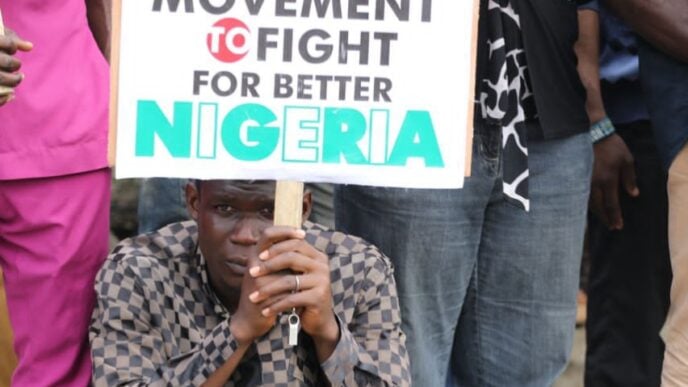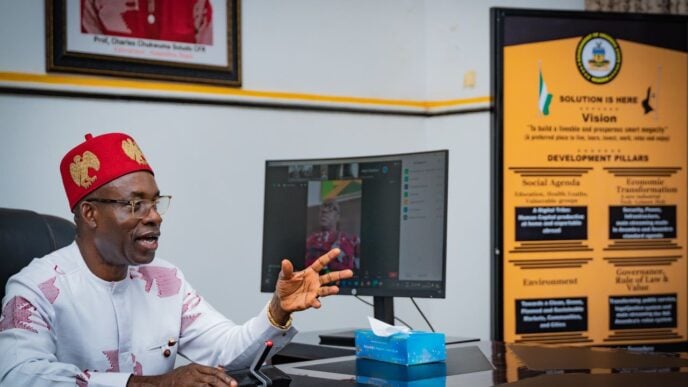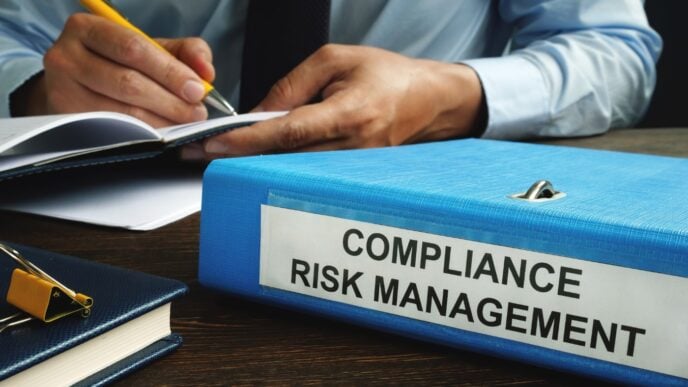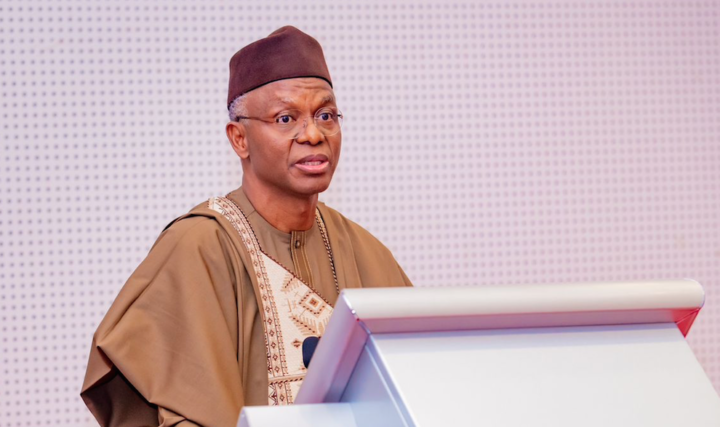PEACE OLADIPO
In October 2023, it came to light through a coalition of civil society organisations (CSOs) that no fewer than 175 federal ministries, departments, and agencies (MDAs) failed to address requests submitted under Nigeria’s Freedom of Information Act (FOI). Approximately 56,000 abandoned projects nationwide and numerous inquiries by CSOs and journalists regarding these projects persistently remain unanswered.
The failure of these MDAs to respond to FOI requests breaches the rule of law and questions their fiscal accountability and transparency processes. Disregarding this law not only contributes to the poor management of scarce public funds but also undermines democratic values.
The refusal to respond to FOI requests must be discontinued because it violates citizens’ information rights. To address this problem, the National Orientation Agency (NOA) should prioritise educating the citizens about what the FOI Act is to improve civic participation. Government agencies must strengthen administrative oversight regarding FOI requests.
Advertisement
Also, citizens and CSOs should take legal action when requests are ignored, drawing on past successful cases against public institutions. These actions would properly reprimand violators of FOI requests as stipulated in the 2011 Nigerian FOI Act. Such measures will enhance transparency and accountability within government institutions.
To fully reinforce the FOI laws, the National Orientation Agency (NOA) must ensure that the public is educated on how FOI works and the processes involved. An informed citizenry that knows its legal rights and obligations can act accordingly to demand accountability. CSO projects like Tracka train individuals on using FOI requests, but with the NOA’s involvement, the message would reach more people across the country.
While communication departments within government agencies typically handle FOI requests, a dedicated administrative entity is urgently needed to guarantee comprehensive and consistent compliance with FOI laws and regulations, fostering a culture of openness. These administrative bodies would ensure that requests are promptly answered within the seven-day stipulated.
Advertisement
If the communication departments of agencies fail to deliver, the coordinators must be held accountable by publishing their names in the media. Applying media pressure will make many agencies responsive to avoid inadequate media representation. For instance, a senior police officer was suspended by the president of Nigeria, after a media house disclosed his corrupt practices.
According to the FOI Act, a public officer or institution who conceals, alters, or deliberately destroys information, would be liable to a ₦500,000 fine or a conviction of one-year imprisonment. Citizens and civil society groups must exercise their rights by taking legal action when FOI requests are not honoured. Fear of losing legal battles should not deter citizens from seeking justice. Some individuals successfully challenged institutions and emerged victorious, setting important precedents.
For instance, Oladunjoye Blessing, a journalist, won a significant case against Yaba College of Technology, with the court ordering the institution to pay her ₦300,000 for breaching the Freedom of Information Act. With the assistance of human rights lawyers and legal non-governmental organisations, citizens should seek redress for the ministry’s violation of the FOI requests, as provided by the law.
By holding authorities accountable through legal means, citizens can ensure that government agencies remain vigilant and responsive to the needs and rights of the people they serve.
Advertisement
Nigeria has the legal power to drive accountability and transparency at national and subnational levels of government. By getting prompt responses from the FOI request, the issue of diverted public funds can be redressed, and public officeholders become more conscious about responsible decisions and actions.
Peace Oladipo is a writing fellow at African Liberty. She is on X (Twitter): @PeaceOladipo3
Views expressed by contributors are strictly personal and not of TheCable.
Add a comment










